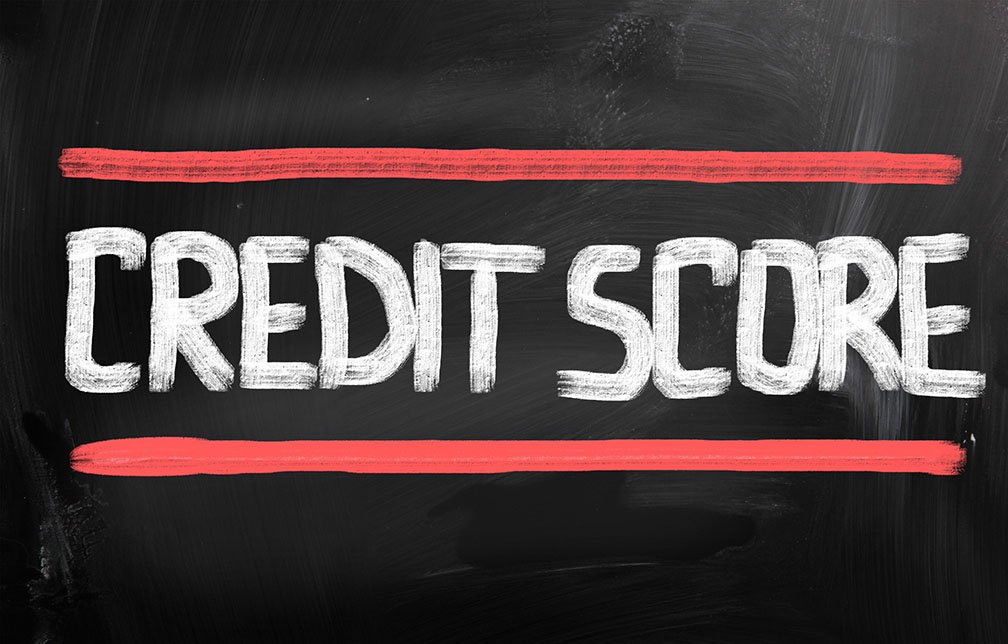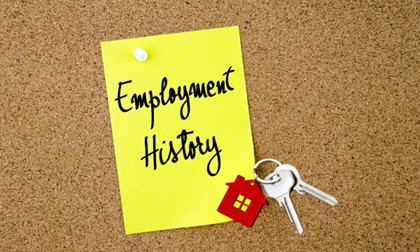 Last week’s economic reporting included readings on inflation, consumer sentiment, and weekly readings on mortgage rates and jobless claims.
Last week’s economic reporting included readings on inflation, consumer sentiment, and weekly readings on mortgage rates and jobless claims.
Inflation Rate Holds Steady in July
Month-to-month inflation rose at a pace of 0.20 percent in July and met analysts’ expectations. There was no change in the pace of month-to-month inflation from June’s reading of 0.20 percent growth. The Consumer Price Index also reported that year-over-year inflation reached 9.10 percent, which was the highest reading since reaching a 40-year high in mid-2022.
Core inflation, which excludes volatile food and fuel prices, was unchanged from June’s month-to-month pace of 0.20 percent growth. July’s month-to-month reading matched analysts’ expectations. Year-over-year core inflation dipped slightly to 4.70 percent in July as compared to June’s reading of 4.80 percent year-over-year inflation.
Federal Reserve leaders said that they would continue monitoring domestic and global economic developments along with financial and economic data before determining whether or not to raise the Fed’s key interest rate range.
Mortgage Rates, Jobless Claims Rise
Freddie Mac reported higher mortgage rates for the third consecutive week. The average rate for a 30-year fixed-rate mortgage approached seven percent and rose by six basis points to 6.96 percent. Rates for 15-year fixed-rate mortgages rose by nine basis points to 6.34 percent.
248,000 initial jobless claims were filed last week, which surpassed expectations of 231,000 new claims filed and the previous week’s reading of 227,000 first-tine jobless claims filed.
University of Michigan Consumer Sentiment Survey
In other news, the University of Michigan released its monthly preliminary reading on U.S. consumer sentiment.
Consumer sentiment rose to an index reading of 72.0 in August as compared to the July reading of 71.6. The majority of.consumers surveyed indicated that the economy improved in the three months leading up to the survey., Component readings included consumer sentiment index readings for current economic conditions and economic conditions within the next six months. The survey reading for consumer sentiment about economic conditions over the next six months fell to an index reading of 67.3 from the July reading of 68.3 Readings over 50 indicate that most consumers are confident about current economic conditions.
Joanne Hsu, the University of Michigan’s director of consumer surveys, said: “…In general, consumers perceived few differences in the economic environment from last month, but they saw substantial improvement relative to just three months ago.”
What’s Ahead
This week’s scheduled economic reporting includes reading on housing starts and building permits issued, the minutes of the Federal Reserve’s recent meeting of its Federal Open Market Committee, and weekly readings on mortgage rates and jobless claims.
 Obtaining a pre-approval for a mortgage is an important step when you’re planning to buy a home. It gives you an idea of how much you can afford, helps streamline the home-buying process, and strengthens your position as a serious buyer. However, many people worry that the pre-approval process might negatively impact their credit score. In this blog post, we’ll dive into the details to determine whether or not a pre-approval for a mortgage will hurt your credit.
Obtaining a pre-approval for a mortgage is an important step when you’re planning to buy a home. It gives you an idea of how much you can afford, helps streamline the home-buying process, and strengthens your position as a serious buyer. However, many people worry that the pre-approval process might negatively impact their credit score. In this blog post, we’ll dive into the details to determine whether or not a pre-approval for a mortgage will hurt your credit. As the housing market continues to evolve, it becomes increasingly crucial for aspiring homeowners to tread carefully and avoid falling into the trap of being house poor. The dream of owning a home should not come at the expense of financial stability and overall well-being. Here are some essential tips to steer clear of this precarious situation:
As the housing market continues to evolve, it becomes increasingly crucial for aspiring homeowners to tread carefully and avoid falling into the trap of being house poor. The dream of owning a home should not come at the expense of financial stability and overall well-being. Here are some essential tips to steer clear of this precarious situation: It is not uncommon for renters to pay more in rent than their landlord’s mortgage payment. This is because landlords are typically looking to make a profit on their rental properties, and they will often set their rent prices based on market rates rather than the cost of their mortgage.
It is not uncommon for renters to pay more in rent than their landlord’s mortgage payment. This is because landlords are typically looking to make a profit on their rental properties, and they will often set their rent prices based on market rates rather than the cost of their mortgage. Last week’s scheduled economic reporting included readings on construction spending, public and private sector payroll growth, and the national unemployment rate. Weekly readings on mortgage rates and new jobless claims were also released.
Last week’s scheduled economic reporting included readings on construction spending, public and private sector payroll growth, and the national unemployment rate. Weekly readings on mortgage rates and new jobless claims were also released. Purchasing a home is one of the most significant financial decisions many individuals make in their lifetime. It involves a substantial investment of money and requires careful consideration to ensure long-term financial stability. To navigate the complexities of the home-buying process, it’s essential to be well-informed about the various financial considerations involved. In this blog post, we will explore key factors to consider when buying a home to help you make informed decisions and achieve financial success.
Purchasing a home is one of the most significant financial decisions many individuals make in their lifetime. It involves a substantial investment of money and requires careful consideration to ensure long-term financial stability. To navigate the complexities of the home-buying process, it’s essential to be well-informed about the various financial considerations involved. In this blog post, we will explore key factors to consider when buying a home to help you make informed decisions and achieve financial success. In an era where environmental consciousness and cost savings are top priorities for homeowners, smart home technology has emerged as a game-changer. With the ability to automate and optimize various aspects of your home, smart home upgrades offer numerous benefits, including energy efficiency and reduced utility bills.
In an era where environmental consciousness and cost savings are top priorities for homeowners, smart home technology has emerged as a game-changer. With the ability to automate and optimize various aspects of your home, smart home upgrades offer numerous benefits, including energy efficiency and reduced utility bills. In recent years, multi-generational living arrangements have seen a resurgence as families rediscover the advantages of sharing a home with multiple generations. While the traditional nuclear family model has its merits, living in a multi-generational home offers a host of benefits that can enhance familial bonds, provide support systems, and create a harmonious living environment for everyone involved.
In recent years, multi-generational living arrangements have seen a resurgence as families rediscover the advantages of sharing a home with multiple generations. While the traditional nuclear family model has its merits, living in a multi-generational home offers a host of benefits that can enhance familial bonds, provide support systems, and create a harmonious living environment for everyone involved. Last week’s economic reporting included readings on the Fed’s interest rate decision, S&P Case-Shiller’s Home Price Indices, sales of new homes, and pending home sales. Weekly readings on mortgage rates and jobless claims were also released.
Last week’s economic reporting included readings on the Fed’s interest rate decision, S&P Case-Shiller’s Home Price Indices, sales of new homes, and pending home sales. Weekly readings on mortgage rates and jobless claims were also released. When it comes to applying for a mortgage, lenders take various factors into account to determine your eligibility. One crucial aspect they consider is your employment history. Your employment history provides lenders with valuable insights into your financial stability, income consistency, and ability to repay the loan.
When it comes to applying for a mortgage, lenders take various factors into account to determine your eligibility. One crucial aspect they consider is your employment history. Your employment history provides lenders with valuable insights into your financial stability, income consistency, and ability to repay the loan.